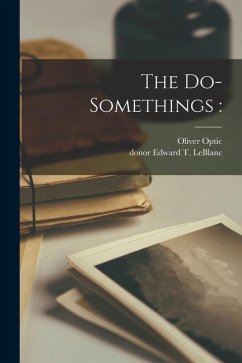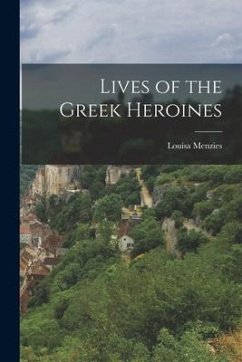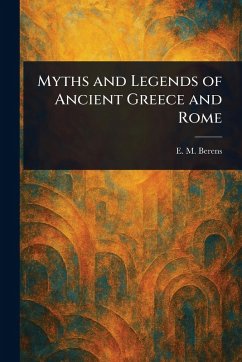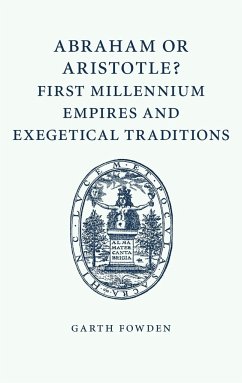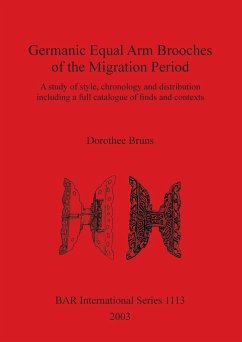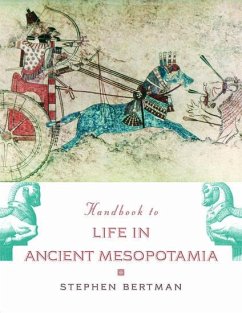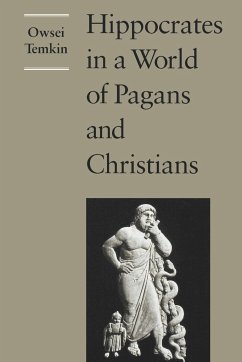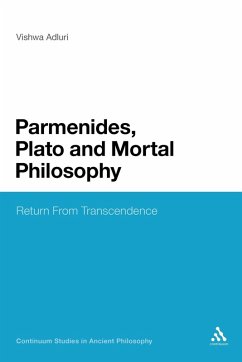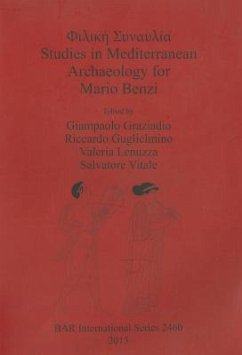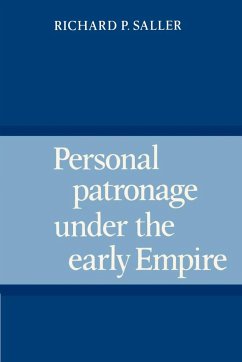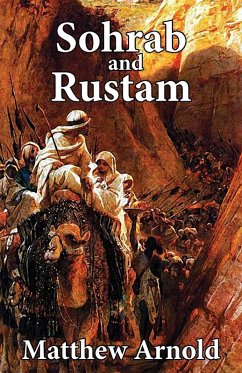
Sohrab and Rustum
Versandkostenfrei!
Versandfertig in 1-2 Wochen
11,99 €
inkl. MwSt.
Weitere Ausgaben:

PAYBACK Punkte
6 °P sammeln!
This epic poem by Matthew Arnold retells the legendary Persian tale of the tragic encounter between the warrior Rustum and his long-lost son, Sohrab. Set against the vast landscapes of ancient Persia, Arnold's narrative explores themes of fate, honor, and loss, capturing the grandeur and pathos of classical heroism. Written in blank verse, Sohrab and Rustum is celebrated for its evocative language and poignant storytelling. Matthew Arnold (1822 - 1888) was a British poet as well as a cultural critic. He is best known for his poems Dover Beach and The Scholar Gipsy.





